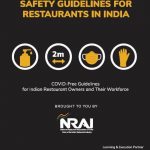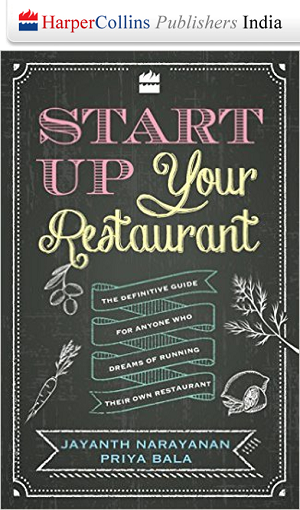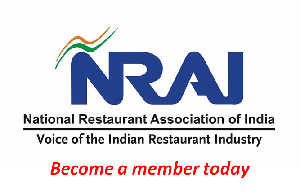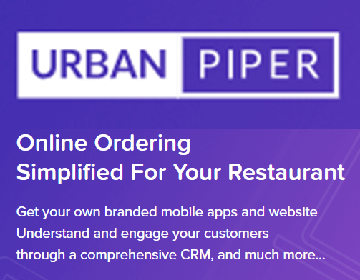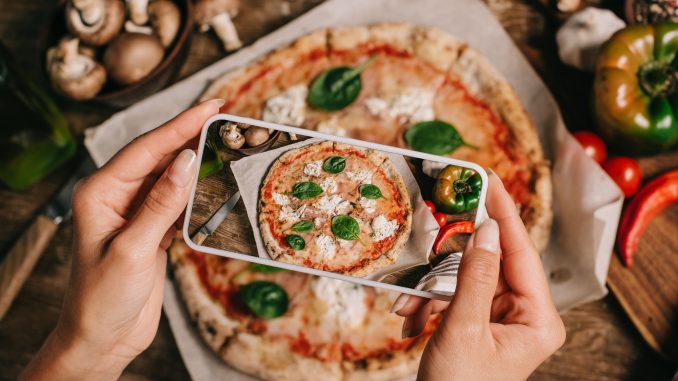
This post is prompted by a constant refrain I’m hearing from restaurant owners, especially the newer ones. It’s about the social media influencer, seen by many as a necessary evil, more evil than necessary, if you were to go by some accounts.
In these times when social media is a vital component of the marketing package, the influencer has come to play an important role. Restaurants that are clued in understand that. Their owners must surely have explored how this particular form of promotion and marketing works.
If you follow global trends, you’ll know social media influencers can indeed deliver what they promise to: influence others to make purchases. That’s the basic principle of influencer marketing. A person with knowledge, credibility or a vast number of followers engages with your brand or your product and nudges others to do the same. Top-rung influencers are in demand and brands have to woo them.
Let’s now consider the ground reality here when it comes to restaurant businesses. Not all, but many people who claim to be influencers go to restaurants and bars only when they are invited. They then post about the experience on social media. It does no more than fuel a freebie culture and that’s not always in the best interest of restaurants. Because the experiences are free, ‘influencers’ feel obliged to gush. ‘Followers’ are unlikely to consider their opinions entirely credible. I don’t then see influencers actually pushing people to go try out a new restaurant or check out a new bar.
Restaurants find themselves in a bind. They feel compelled to host influencers because everyone else seems to be doing so. Influencers make unfair demands for free meals and drinks. They want to come in large groups and be showered with attention. I heard of one Delhi-based ‘influencer’ who was coming to Bangalore and contacted various restaurants asking them to host tables for her and her friends in the city. Some want transport to and fro. Others ask for cash. In the US, if a post is paid for or sponsored, the Federal Trade Commission rules dictate that there must be a clear disclosure. Out here, it’s murky territory.
Many restaurateurs and restaurant marketing teams I spoke with said they had no way of measuring the impact of their engagements with influencers. It’s clear that, as things stand here, there are only a few people who can drive business or even create a buzz. Should restaurants then be bending over backwards to entertain influencers whose extent of influence is suspect?

